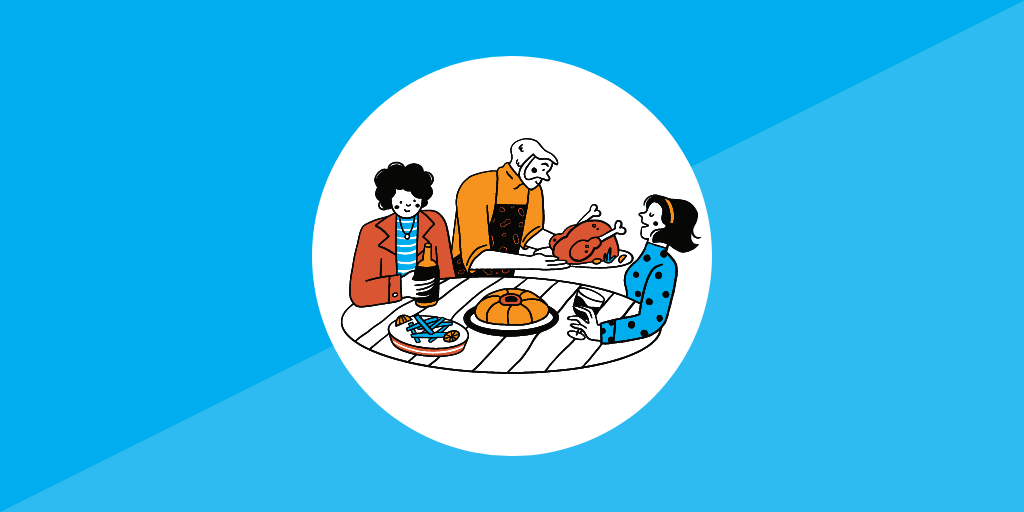A few years ago on my way home from work, I came upon an older woman balancing a bag of groceries on her walker as she headed for her apartment. I quickly offered a hand and she and I went up the steps together as I carried her groceries. As I walked away, I felt the glow that comes from doing good for someone, and was charmed that I was able to help in such an old-fashioned, boy-scouty sort of way. Then in an instant, the glow evaporated as I thought about all the times she must have struggled to climb the stairs alone before and all the times she would have to do so in the future. While I was happy that I was able to help, I wondered why the front of her apartment building didn’t have a ramp.
Recently, a study ranked Utah as the most charitable state in the nation. I love Utah for its generosity. During Covid, I have been particularly inspired by mutual aid efforts to make sure that people have food to eat and a place to live. Those kinds of volunteer efforts are what turns a place into a community, and what makes a community a true home.
This Thanksgiving, I want to celebrate the private generosity of individuals and also make the case for greater collective generosity as a society. Utahns are excellent at ministering to the one. But many of the people leading our state balk at the idea of ministering to the many. It’s time for us to match our individual generosity with collective generosity—we need state leaders to help us amplify a single good act a hundredfold by supporting policies that support people en masse. Granted, it’s harder to achieve systemic goodness than individual goodness because it takes a shared vision and all of us rowing in the same direction. But it is worth our commitment and our effort.
Throughout my life, I have heard conservatives say that the kind of large-scale generosity I am talking about somehow takes something away from us as givers. That generosity is transformative, but the magic only works if there is a personal connection between the person helping and the person receiving help. That baking generosity into the foundation of our society will take away the need for us to individually drizzle generosity on top and result in a less moral society.
I wholeheartedly reject the idea that the world suffers from a lack of suffering, or that suffering must be intentionally preserved so that people have opportunities to practice being good. It is true that if everyone had health care, we would all spend less time donating to gofundmes for people to pay their medical bills. But this wouldn’t make us callous or selfish. It would free us, both financially and psychologically, to be able to serve each other in meaningful and less traumatic ways. Instead of simply putting out fires, we could focus on building community. Living in a just society where everyone is able to thrive would impact us in our most intimate and personal relationships and amplify our individual generosity. It would allow us to be better neighbors, better friends, and better family members.
The truth is, a healthy society needs both private goodness AND public goodness. These two types of goodness are not in competition with each other—there is no such thing as too much love or too much goodness. We can both work to prevent natural disasters from occurring by taking bold action to stop climate change and rally together as a community when a disaster happens. Both of these actions are a manifestation of love for our neighbor.
In Utah, and the United States more broadly, we have a lopsided society that is strong in private goodness and weak in public goodness. We don’t need less private goodness, but we need more public goodness for those who are falling through the cracks and hurting in our current system.
Our commitment to generosity should be centered around the receivers, not the givers. It is more important that a woman with a walker can access her apartment than it is for me to have the experience of helping her up the stairs. It is not fair for her to depend on luck and kindness in order to get into her apartment. I am not a ramp, and if she had one, I could simply be a friend instead.
Public or systemic goodness doesn’t rob us of the opportunity for private or individual goodness. There will always be abundant ways for us to love and take care of each other. We must put to rest the false idea that our generosity must be restricted in order to matter, or that those who give must be the heroes of the story rather than those who receive. This Thanksgiving, I am thankful for the myriad of ways that I have been loved and served individually by members of my community as well as the systemic ways that I have been loved and served by our society. And I am committed to paying that generosity forward in both individual and collective ways.
Lauren Simpson is the policy director for Alliance for a Better Utah

